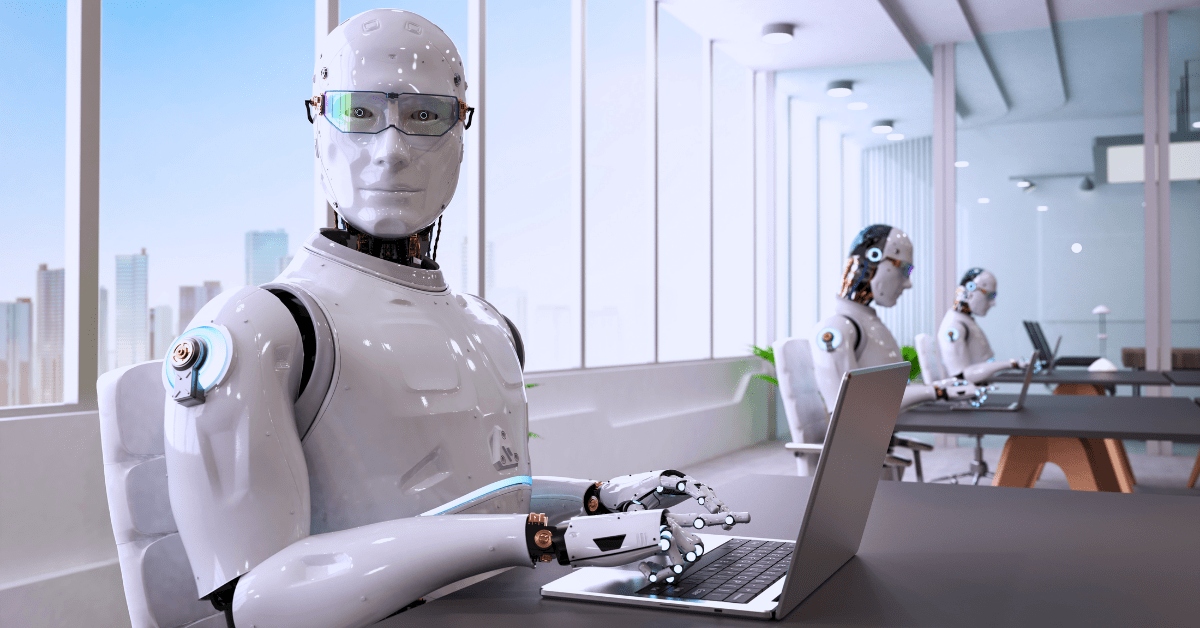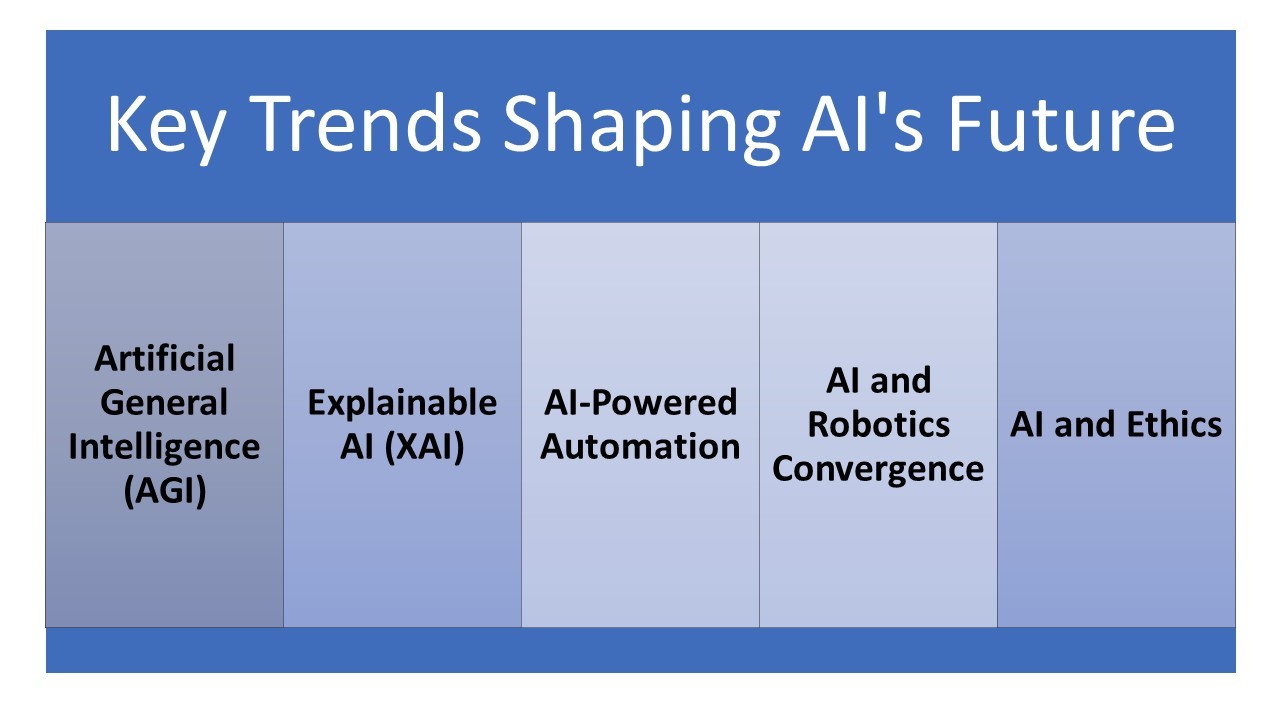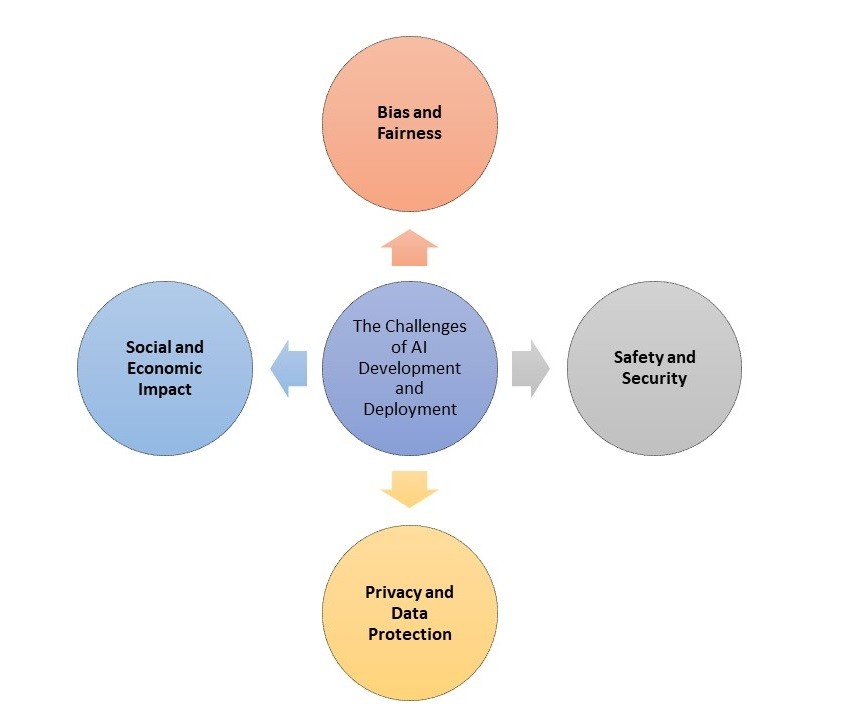Comments
- No comments found

Artificial intelligence (AI) is revolutionizing industries, shaping human interactions, and redefining the boundaries of technological innovation.
From self-driving cars to medical diagnosis, AI's impact is pervasive, permeating nearly every aspect of modern life. As we stand at the precipice of a new era, it is imperative to explore the uncharted territories that lie ahead, unraveling the enigmatic tapestry of AI's future.
The field of AI is undergoing a period of rapid and profound evolution, driven by advancements in computing power, data availability, and algorithmic design. These advancements are paving the way for a new generation of AI systems that are more capable, versatile, and adaptable than ever before.

Several key trends are shaping the future of AI, each with the potential to revolutionize our world. These trends include:
· Artificial General Intelligence (AGI): The pursuit of AGI, or "strong AI," represents the ultimate goal of AI research – the creation of machines that possess human-level intelligence. While AGI remains elusive, ongoing research is bringing us closer to this landmark achievement.
· Explainable AI (XAI): As AI systems become more complex, the need for transparency and explainability becomes increasingly important. XAI aims to make AI decision-making processes understandable to humans, fostering trust and enabling effective human-AI collaboration.
· AI-Powered Automation: AI is poised to transform the automation landscape, automating tasks that were previously considered too complex or nuanced for machines. This automation will have a profound impact on industries such as manufacturing, healthcare, and transportation.
· AI and Robotics Convergence: The fusion of AI and robotics is creating a new breed of intelligent machines capable of interacting with the physical world in sophisticated ways. This convergence is driving advancements in areas such as autonomous vehicles, surgical robotics, and humanoid robots.
· AI and Ethics: As AI becomes more integrated into our lives, ethical considerations become paramount. Addressing issues such as bias, privacy, and accountability will be essential to ensuring responsible and ethical AI development.
AI's impact will continue to expand across a wide range of industries and sectors, transforming how we live, work, and interact with the world around us. Here are a few examples of the transformative potential of AI in the future:
· Healthcare: AI will play a pivotal role in advancing healthcare, enabling personalized medicine, accelerating drug discovery, and enhancing medical diagnosis and treatment.
· Transportation: AI will revolutionize transportation, leading to the development of self-driving cars, optimizing traffic flow, and enhancing logistics and supply chain management.
· Education: AI will personalize education, tailoring learning experiences to individual student needs, providing real-time feedback, and automating administrative tasks.
· Sustainability: AI will contribute to addressing climate change and environmental challenges, optimizing energy use, predicting natural disasters, and developing sustainable solutions.
· Creativity and Entertainment: AI will enhance creativity and entertainment, powering intelligent art creation, personalized music recommendations, and immersive virtual experiences.

While AI holds immense promise, it also presents significant challenges that must be addressed responsibly. These challenges include:
· Bias and Fairness: Ensuring that AI systems are free from bias and promote fairness is crucial to preventing discrimination and ensuring equitable outcomes.
· Safety and Security: AI systems must be designed and deployed with safety and security in mind, protecting against vulnerabilities and potential misuse.
· Privacy and Data Protection: Protecting individual privacy and ensuring responsible data handling are paramount to maintaining public trust in AI.
· Social and Economic Impact: The impact of AI on employment, social structures, and economic inequality must be carefully considered and addressed through proactive policies and educational initiatives.
The future of AI is not predetermined; it will be shaped by the choices we make today. To ensure that AI's future is a positive one, we must foster a culture of collaboration, bringing together researchers, developers, policymakers, and the public to address the challenges and opportunities that lie ahead.
AI stands at the precipice of a transformative future, poised to revolutionize our world in ways we can only begin to imagine. By embracing its potential responsibly and addressing its challenges proactively, we can harness AI's power to create a more equitable, sustainable, and prosperous future for all.
Ahmed Banafa is an expert in new tech with appearances on ABC, NBC , CBS, FOX TV and radio stations. He served as a professor, academic advisor and coordinator at well-known American universities and colleges. His researches are featured on Forbes, MIT Technology Review, ComputerWorld and Techonomy. He published over 100 articles about the internet of things, blockchain, artificial intelligence, cloud computing and big data. His research papers are used in many patents, numerous thesis and conferences. He is also a guest speaker at international technology conferences. He is the recipient of several awards, including Distinguished Tenured Staff Award, Instructor of the year and Certificate of Honor from the City and County of San Francisco. Ahmed studied cyber security at Harvard University. He is the author of the book: Secure and Smart Internet of Things Using Blockchain and AI.
Leave your comments
Post comment as a guest